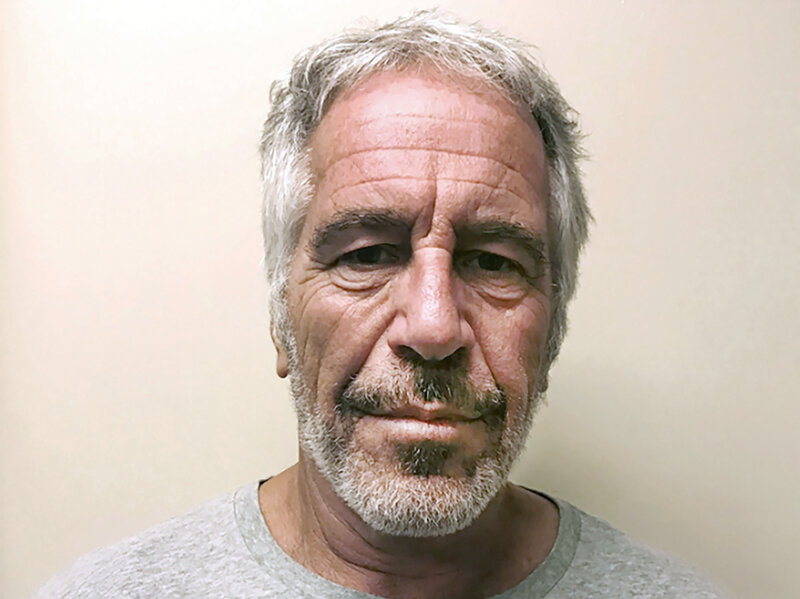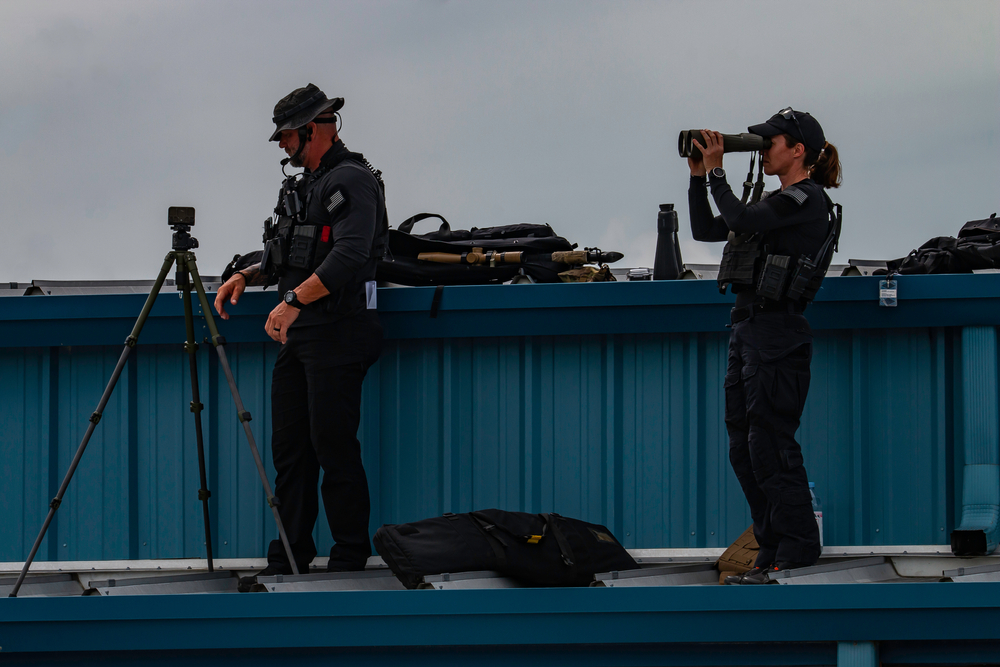
As Robert S. Mueller III completes the final year of his ten-year term as the Director of the FBI, President Barack Obama and the United States Senate will have the critically important responsibility of nominating and confirming his successor.
This selection process should be devoid of the political posturing and gamesmanship that has surrounded the recent appointments of key government leaders and judges – but can only be so if the participants fully understand why the role of FBI Director is significantly different from other leadership positions.
While the FBI Director is not a political persona, the man or woman in this job exercises tremendous influence on international law enforcement issues and leaders.
The Director frequently makes crucial decisions on matters of national security and federal criminal investigations. He or she must be free to make decisions without fear of political consequences – especially in those cases involving public officials.
Over the years Congress has recognized that the authority and responsibilities of the FBI are so extraordinary that special considerations are necessary in selecting its leader.
Consequently, federal legislation was passed that designated the Director’s position as one which requires Senate approval and limits the FBI Director’s term to a single ten-year appointment. The term limit was intended to prevent the longevity of a Director who could potentially abuse the power of his position in vindictive and petty ways.
The defined term might also inhibit a President from arbitrarily dismissing a Director for political reasons.
As important as it is to “depoliticize” the selection of the FBI Director, allowing each incoming US President to appoint a new Director would be inefficient and disruptive to operations. For similar reasons, Congressman Frank R. Wolf (VA) recently recommended a similar 10-year term for the Director of the Transportation Security Administration.
Carrying his suggestion further, the nation’s law enforcement and intelligence communities would be well served if the top positions of the Central Intelligence Agency, the Department of Homeland Security and the Office of the Director of National Intelligence were also designated as fixed term positions.
As President Obama begins to search for an exceptional candidate to replace Mr. Mueller at the helm of the FBI, he should look for an individual with the strength of character possessed by its previous Directors.
The next Director, like his or her predecessors, must understand how the complex relationships among the world’s politics, economies and cultures impact the FBI’s mission.
Whether it is an emerging terrorist cell in Yemen, a computer hacker in China, an uncooperative banker in Europe, or a violent drug cartel in Latin America, the nominee must recognize the pervasive impact that these criminals and their crimes have on our citizens and our allies.
The future Director needs to be both a visionary and an innovator – someone who is able to imagine and design new ways to prevent, mitigate and respond to emerging international crime problems and terrorist activities.
Much like Director Mueller has overseen a sea-change in the way the FBI fulfills its mission, the next Director will also have to be a “change-agent”, one who is fully capable of recalibrating the organization to meet both anticipated and unforeseen circumstances with static resources.
Like previous FBI leaders, the new FBI Director must be a collaborator. Experience has shown that strong, positive relationships between local, state, tribal, federal and international law enforcement agencies are essential.
The successes of joint-terrorism task forces, fusion centers and integrated data systems are the most effective law enforcement structures for now and the foreseeable future. The emphasis on information sharing must remain a priority for the FBI.
Few appointments that President Obama has made, or will make, are as important as finding an ideal candidate for the FBI. There are outstanding law enforcement professionals, both inside and outside the Bureau, with the integrity and proven executive skills to effectively direct the organization in the decade to come. FBI employees and, indeed, all Americans, deserve the best leader that the President can find.






for more information about our conferences dealing with crimes committed by FBI agents to see a partial list of crimes committed by FBI agents over 1500 pages long
forums.signonsandiego. com/showthread.php?t=59139
to view a partial list of FBI agents arrested for pedophilia see
campusactivism. org/phpBB3/viewforum.php?f=29
also see
ctka.net/pr500-king.html